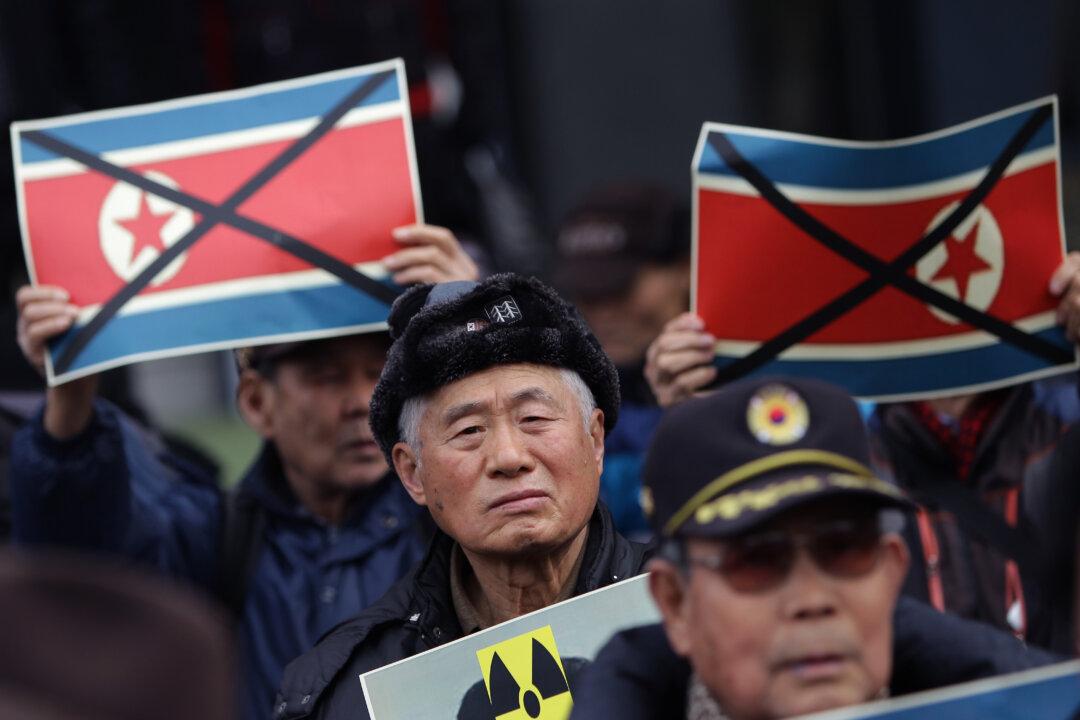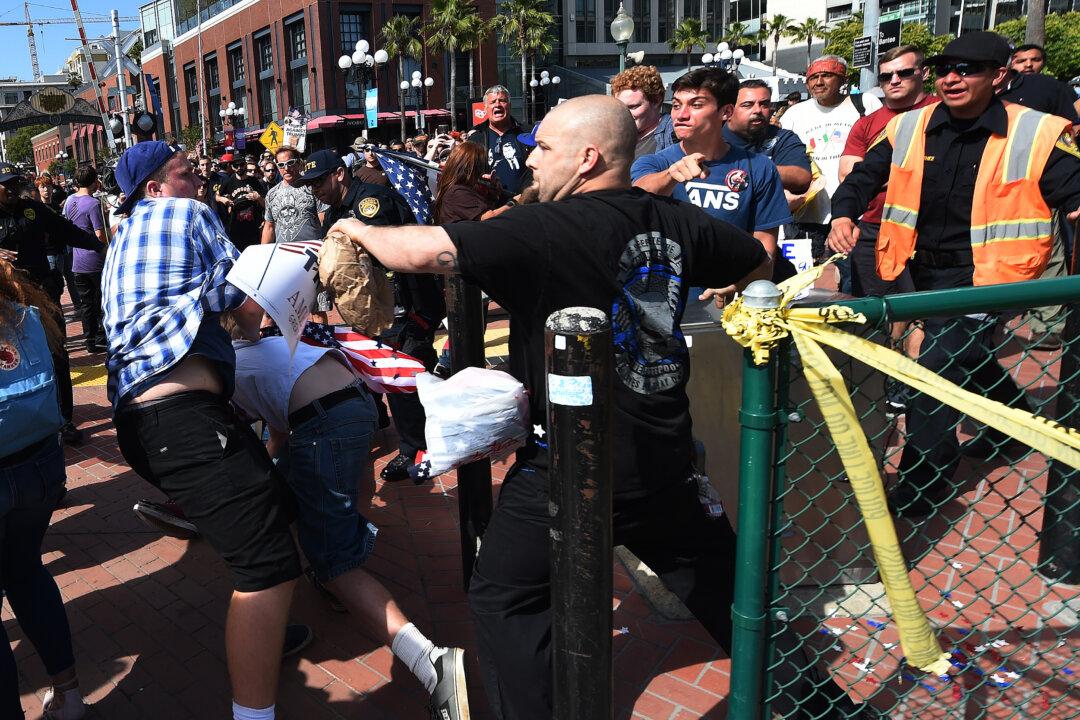A senior intelligence official escaped to South Korea last year in an unusual senior-level desertion, said Seoul officials on April 11.
The announcement comes three days after it was revealed that 13 North Korean state-run restaurant co-workers in the Chinese city Ningbo had defected to South Korea. The employees are the largest group of defections since North Korea’s Kim Jong-un took over as leader after his father in 2011.
Although reports of lower-level soldiers fleeing from North Korea is not uncommon, it is rare for a colonel to escape.




